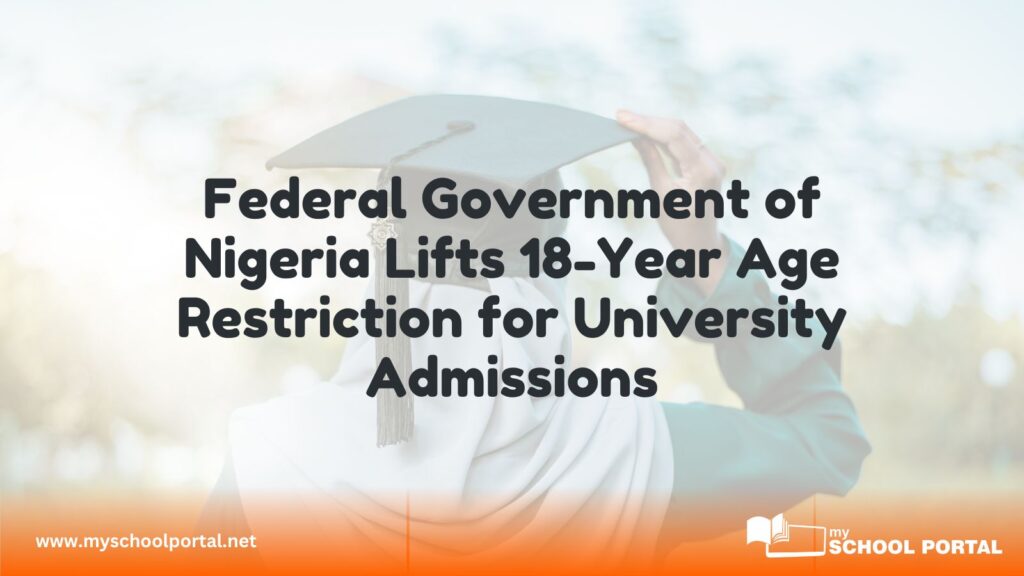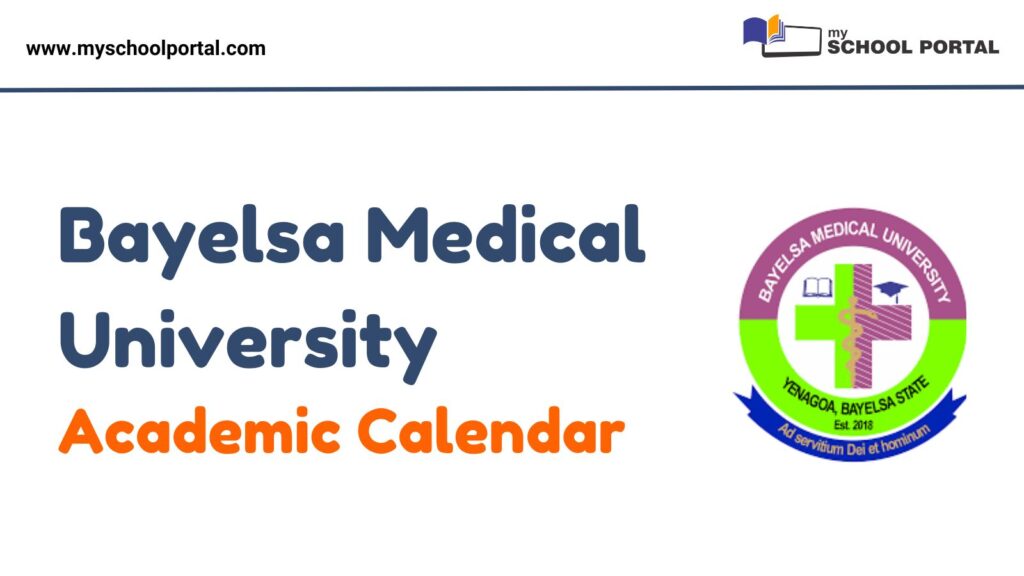In a significant development for education in Nigeria, the Federal Government has lifted the minimum age requirement of 18 years for university admissions. This decision, announced by the Minister of Education, Dr. Tunji Alausa, during his first press conference in Abuja, marks a shift aimed at broadening access to higher education for younger, academically qualified students.
What This Policy Change Means for Nigerian Students
By removing the age limit, the government enables students under 18 who meet academic standards to pursue higher education without waiting for age eligibility. This adjustment may also prompt a broader review of the national education policy to align it with more inclusive and flexible learning pathways.
Continuing Policy on Foreign Degrees
Despite this new flexibility for domestic admissions, the government remains firm on its stance against unapproved foreign degrees. Dr. Alausa confirmed that the annulment of over 22,700 degrees from universities in Togo and Benin Republic—considered unaccredited—stands firm. Degrees from these institutions are deemed invalid due to concerns over academic credibility, emphasizing the government’s commitment to upholding quality standards in education.
Age Regulations for National Exams
Previously, the government had set 18 as the minimum age for candidates wishing to sit for the National Examinations Council (NECO) and West African Examinations Council (WAEC) exams. This age requirement was re-emphasized by former Minister of Education, Prof. Tahir Mamman, who directed WAEC and NECO to enforce it more rigorously. While this age benchmark is not a new policy, recent attention to its enforcement underscores its ongoing relevance in the education system.
Adjustments to JAMB Admission Policies
In July, the Joint Admissions and Matriculation Board (JAMB) held discussions with education stakeholders regarding age policies for university admissions. While JAMB initially agreed to allow students under 18 a one-year grace period for the 2024/2025 admission cycle, this policy will transition back to an 18-year minimum starting next year, reflecting the initial national guidelines.
Exemptions for Exceptionally Talented Students
To support academically gifted youth, the government has made an exception for students under 18 who demonstrate high academic achievements. These students will be allowed to take WASSCE and NECO exams, enabling them to advance without age-based restrictions. This exception offers promising young minds the chance to progress in their education and capitalize on their abilities.
A New Era of Flexibility in Nigerian Education
This removal of the 18-year age restriction for university admission, along with selective age exemptions for gifted students, marks a new era in Nigeria’s educational system, paving the way for talented, younger students to advance based on merit. This policy is a forward-thinking step toward inclusivity and growth within the nation’s educational framework, reflecting a commitment to adapt to the diverse needs of Nigeria’s student population.
Related
Stay updated with the latest student resources and insights from My School Portal! Subscribe to our newsletter for fresh content delivered straight to your inbox—no spam, just value 😊














